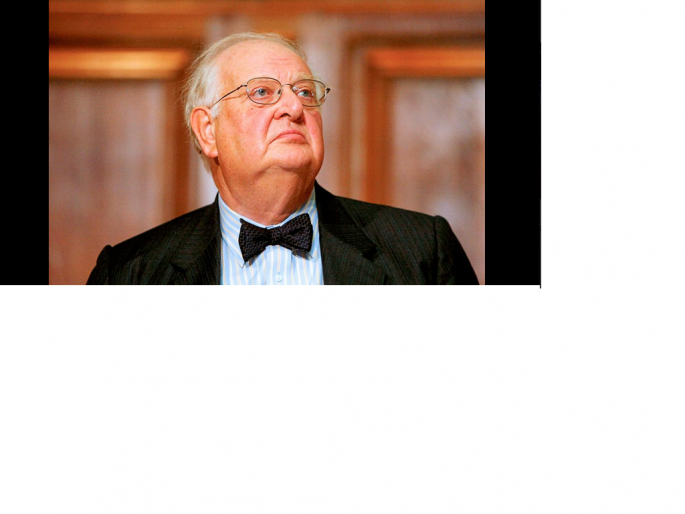Representatives attending the Global Poverty Reduction and Development Forum in Beijing would gain significant insight in studying Angus Deaton’s take on poverty, according to a report by China Daily.
The British economist from Princeton University, who is a pioneering poverty expert, has exemplified a deep understanding of poverty that garnered him this year's Nobel Prize for Economics.
Deaton's research could potentially be beneficial to Chinese policymakers in order to know what drives people's consumption habits and to aid the government in targeting economic development.
Although his work is far from being a one-size-fits-all solution, it will certainly be useful for a country that is aiming to reduce the number of its citizens living below the poverty line at a rate of one million people per month. Since its economic reform in the 1970s, the country has uplifted 439 million people.
Outside of its borders, China has made great contributions in poverty relief. It is the first developing country to meet the Millennium Development Goal target of reducing poverty by half prior to the 2015 deadline.
However, by the end of last year, more than 70 million people in the countryside were recorded below the poverty line, with a meager annual income of 2,300 yuan ($363). The government aims to eliminate extreme poverty in the country by 2020.
Experts note that the task will not be easy because of the global economic slowdown, and the onset of the 2008 financial crisis will no doubt add to the challenge.
To pave way for further progress in poverty relief, China must not only spend aggressively on public transfer, education and health for the poor, but also encourage consumption-led growth to generate sufficient income-earning opportunities.



























